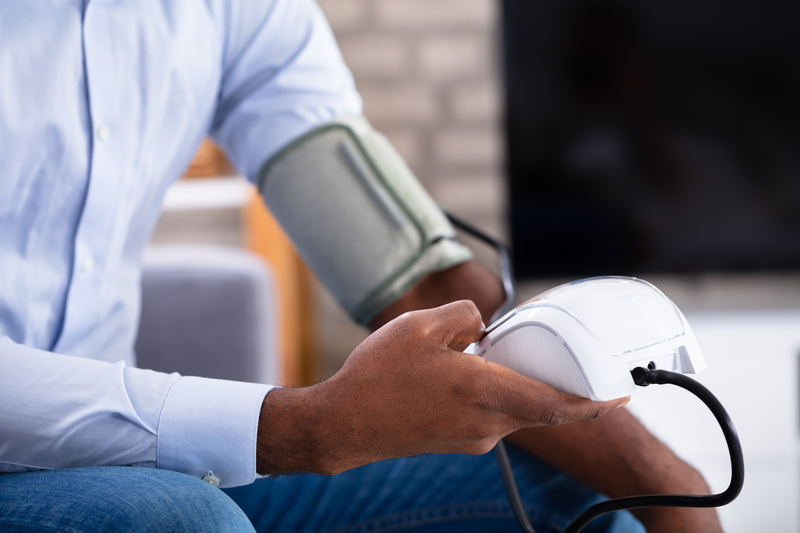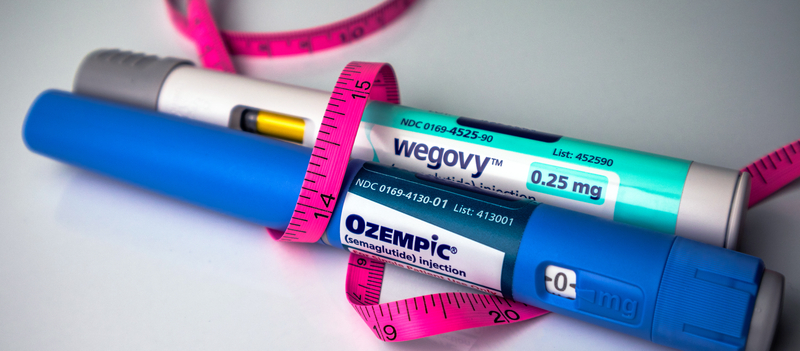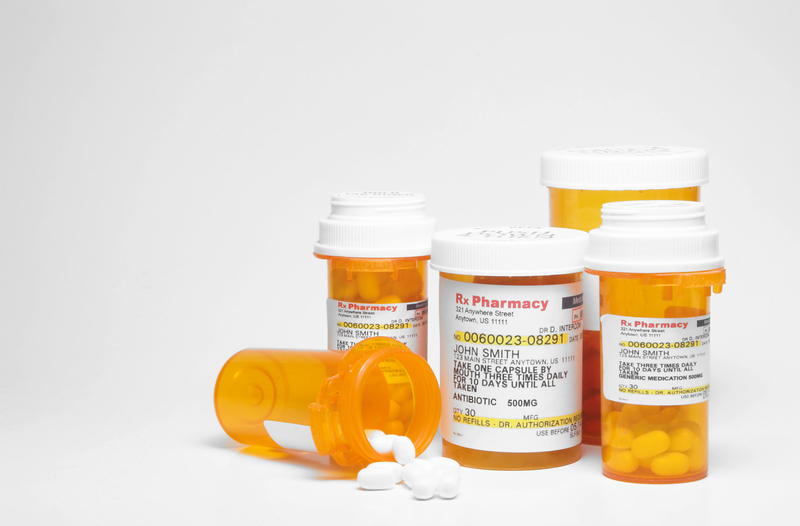behavioral
HHS Provides $131.7 Million To Support Behavioral Health
The Department of Health and Human Services, through the Substance Abuse and Mental Health Services Administration (SAMHSA), announced $131.7 milli...
New facility allows Latino Behavioral Health Services to double its client capacity
Estimated read time: 3-4
minutes
SALT LAKE CITY — Latino Behavioral Health Services has made huge strides i...
Bridging the Behavioral Health Access Gap in Communities of Color
During the COVID-19 pandemic, the number of adults suffering from anxiety and depression quadrupled nationwide from 11 percent to 41 percent, accor...
Scholarship program aims to increase behavioral health workers for underserved areas
CHICO — In an effort to fill vacancies in the behavioral health care industry, California is offering up to $25,000 per year in scholarships in exc...
NC’s behavioral health investment impact on BIPOC
PHOTO | UNSPLASH
Black and Latino North Carolinians are less likely to receive mental heal...
3 social triggers for behavioral health needs – and what to do about them
Exposure to poverty is deeply intertwined with the deterioration of emotional health. This linkage is often exacerbated by a lack of coordinated so...
Trending Topics
Features
- Drive Toolkit
Download and distribute powerful vaccination QI resources for your community.
- Health Champions
Sign up now to support health equity and sustainable health outcomes in your community.
- Cancer Early Detection
MCED tests use a simple blood draw to screen for many kinds of cancer at once.
- PR
FYHN is a bridge connecting health information providers to BIPOC communities in a trusted environment.
- Medicare
Discover an honest look at our Medicare system.
- Alliance for Representative Clinical Trials
ARC was launched to create a network of community clinicians to diversify and bring clinical trials to communities of color and other communities that have been underrepresented.
- Reducing Patient Risk
The single most important purpose of our healthcare system is to reduce patient risk for an acute event.




















